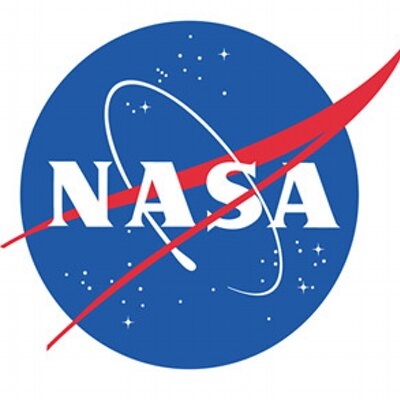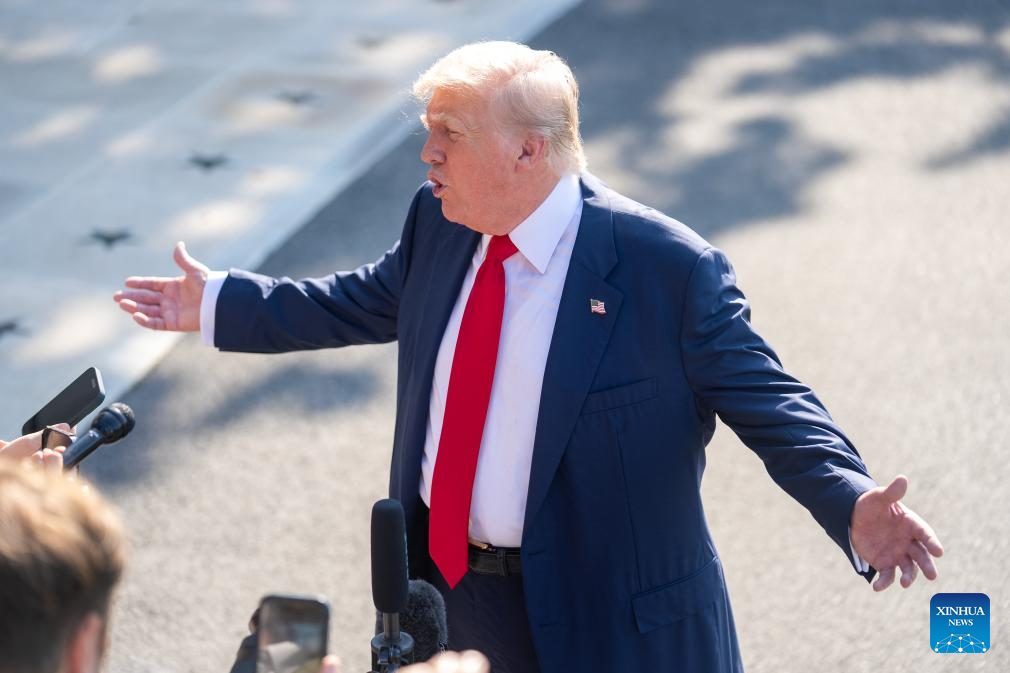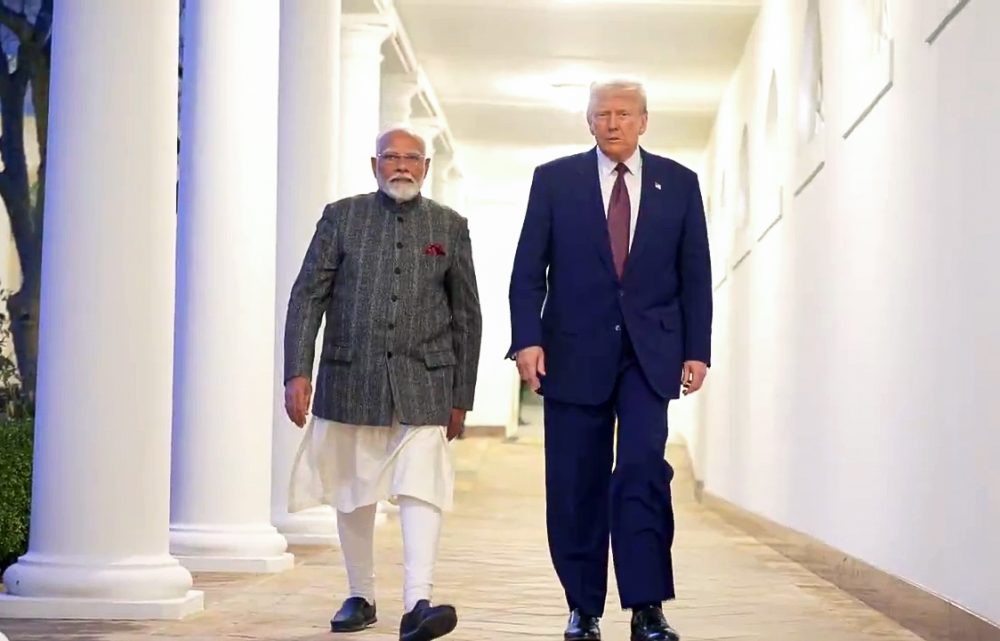The move marks a significant escalation in Washington’s efforts to safeguard its space technology and leadership at a time of intensifying competition with Beijing…reports Asian Lite News
The United States space agency NASA has introduced sweeping new restrictions barring Chinese nationals holding U.S. visas from accessing its facilities, research programmes, and internal digital networks, The Epoch Times has reported.
The move marks a significant escalation in Washington’s efforts to safeguard its space technology and leadership at a time of intensifying competition with Beijing. According to the report, Chinese nationals working as contractors or researchers on NASA projects were notified on September 5 that their access had been revoked. Several individuals reportedly found themselves abruptly locked out of NASA’s internal systems and prevented from joining both in-person and virtual meetings linked to their work.
NASA press secretary Bethany Stevens confirmed that the policy shift was part of an “internal action” aimed at minimising physical and cybersecurity risks. She emphasised that the measures were deemed necessary to protect sensitive U.S. space operations from potential espionage or interference.
The restrictions come against the backdrop of mounting scrutiny of Chinese nationals across U.S. technology sectors, following multiple espionage-related investigations in recent years that have been tied to the Chinese Communist regime. While it remains unclear whether a specific security breach prompted NASA’s decision, the move aligns with broader U.S. government efforts to tighten controls on access to strategic technologies.
When asked for further clarification, NASA referred to comments made by its acting administrator, Sean Duffy, during an interview on Fox Business. Duffy said the United States must take the lead in what he described as a “second space race”, arguing that China’s rapid advances in space exploration are motivated by military ambitions rather than peaceful scientific exploration. He warned that allowing security vulnerabilities could risk undermining America’s technological edge in space.
U.S. defence officials have issued similar warnings. General B. Chance Saltzman, Chief of Space Operations at the U.S. Space Force, has previously cautioned that Beijing’s space programme is deeply entwined with its military strategy. He noted that Chinese space infrastructure and exploration missions are designed to serve both civilian and defence objectives, giving China a potential strategic advantage in future space conflicts.
China has accelerated its space ambitions in recent months, including testing its Long March-10 moon rocket in August as part of its plans to land astronauts on the lunar surface by the end of this decade. The U.S. views such milestones as evidence of a rapidly escalating technological rivalry that could shape global space dominance for decades to come.














